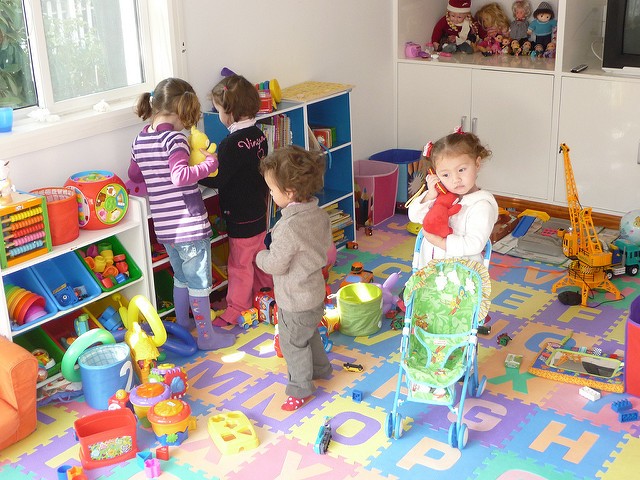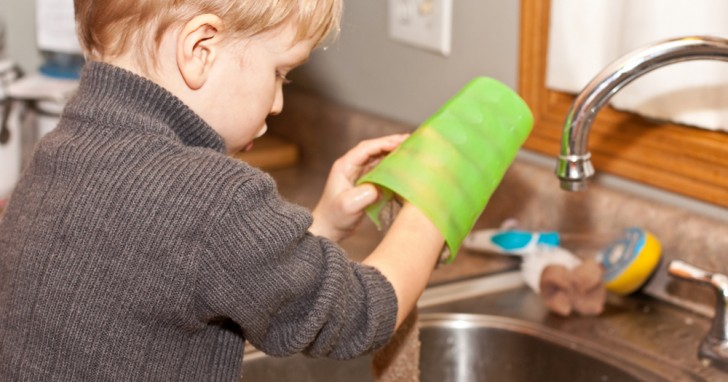Children who help with household chores tend to become more autonomous and responsible adults

We know that parents must have a thousand eyes, to pay attention to all the potential dangers that their children may incur.
This necessity sometimes tends to become excessive, with mom and dad keeping their children in a protective bubble, and "doing" everything in their place. Nothing could be more wrong! Children, in fact, must gradually become autonomous.
It is, therefore, appropriate to adopt the Montessori principle of "help me to do it alone", which instead proposes an educational path based on autonomy, limiting the intervention of adults in children's activities to only the indispensable.
via mother.ly

Scott & Elaine van der Chijs/flickr
Making children autonomous means, on the one hand, making sure that they collaborate with others to find solutions, without appealing to their nuclear family as the only possible alternative. On the other hand, it also means taking care of one's own things such as tidying up their bedroom, getting dressed, and taking a bath.
Teaching children to take care of themselves, keeping their room tidy is not as difficult as it is believed. The trick is to propose it as a game - between parents and children or siblings. In this way, what started out as fun, will over time turn into a habit.
Obviously, the game must be introduced gradually, as a novelty and as a special moment to be lived together in the family, and the housework chores must be within reach of the child.

The exact term is Gio-Coaching and includes games or activities with a playful background to empower children. Here are some examples:
- The shoelace game: Using a cardboard carton (an egg carton is perfect) make a series of small holes in which to pass shoelaces; it is also very useful for developing fine motor skills;
- The backpack treasure hunt: Win a point for every object - useful - that the children put in their backpack, and, at the end of the week, if they reach a certain number of points they get a small reward;
- The game of chest of drawers: It is a challenge - with parents or with siblings - to fold the clothes perfectly and keep them tidy in the wardrobe or chest of drawers.
In general, just use your fantasy and imagine so many amusing ways to make household chores fun, without pressuring or resorting to giving orders.





